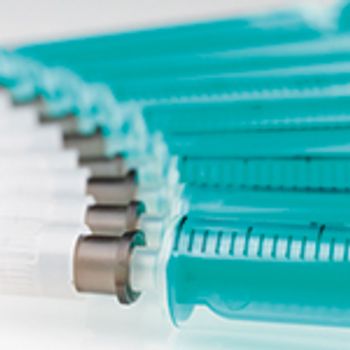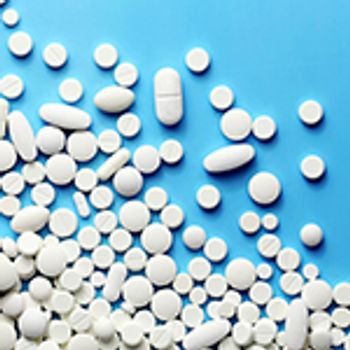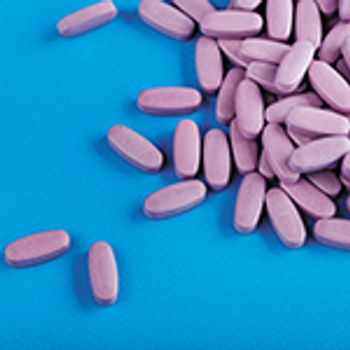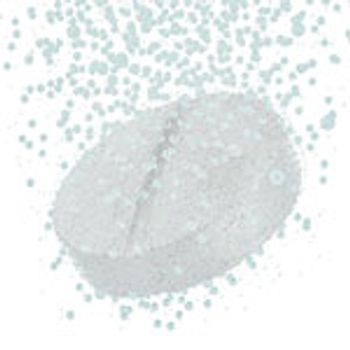
Wearable and smart devices allow user-friendly subcutaneous drug delivery.

Wearable and smart devices allow user-friendly subcutaneous drug delivery.

Expanded controlled substance capabilities enables Particle Sciences to develop and manufacture Schedule I–V drugs.

Catalent expands gene therapy capabilities with $1.2-billion acquisition of Paragon Bioservices.

StarTab from Colorcon was designed to ensure functionality and stability for direct compression tableting.

Consider both the device characteristics and the powder properties when developing a DPI combination product.

Empty and prefilled syringes must pass a range of quality control tests.

Recipharm Inhalation Solutions is an integrated service for inhalation products.

Pharma delivers a positive message with renewed efforts to eradicate malaria.

Expansion at the Eberbach, Germany facility includes two Vegicap encapsulation lines, printing, inspection, and packaging capabilities.

Expansion at GSK’s Hamilton, MT site is designed to boost vaccine production capacity.

Cambrex’s expanded quality control laboratory supports generic API development.

Hovione Technology has acquired global rights to a dry powder inhaler for pulmonary drug delivery, the Papillon DPI invented by Dr. Klaus-Dieter Beller.

Patient-centric drug development is becoming more important in the bio/pharma industry.

Pharmaceutical Technology and BioPharm International will present a Keynote Session on Meeting Bioprocessing Manufacturing Capacity Demands on Wednesday, April 3, 2019, during INTERPHEX 2019 at the Javits Center in New York City.

Confidence in the quality systems and scientific competence of the API manufacturing team is essential.

Easier access to information, targeting smaller patient populations, and increased regulatory focus on patient outcomes are driving patient‑centric drug development.

Flexibility and well considered manufacturing approaches could help tablet manufacturers face the increasing pressure resulting from the shifting bio/pharma development landscape.

Market demand and regulatory guidance continues to promote improved medication design.

Modified-release oral dosage forms can offer benefits to both formulation scientists and patients.

Valitacell, Solentim, and Microcoat were awarded EUR 3.5 million (US$4 million) to produce an integrated platform to deposit, culture, profile, and select optimal cells for biologic drug manufacturing.

Researchers at the Georgia Institute of Technology developed a technique for administering contraceptive hormones through ‘pharmaceutical jewelry’.

Catalent announces investment for its Zydis ODT technology, offering increased drug load and taste-masking capabilities.

Janssen’s Spravato (esketamine) gains approval with restricted distribution guidelines.

Hetero Labs recalls losartan potassium tablets due to presence of N-Nitroso-N-methyl-4-aminobutyric acid.

Understanding the API, delivery mechanism, and excipient functionality is essential to solving drug solubility challenges.